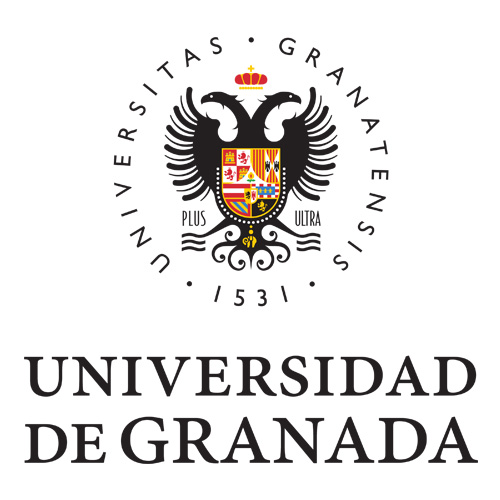University of Granada (UGR)
University of Granada (UGR)
The University of Granada (UGR), founded in 1531, is one of the oldest and most prestigious universities in Spain, combining a long academic tradition with a strong international projection. With more than 50,000 students and 6,000 staff members, UGR is consistently ranked among the top Spanish institutions in research and innovation. It hosts state-of-the-art infrastructures such as the Faculty of Pharmacy and the Centre for Scientific Instrumentation (CIC), which provides advanced services including microscopy, isotope analysis, imaging and biological testing. These facilities, together with a broad network of international collaborations, position UGR as a key actor in multidisciplinary projects where basic science and clinical applications converge.
Within the TEN4CARE project, and with a budget of €318,750, UGR plays a significant role in the scientific, technical and exploitation dimensions of the work. In WP3, UGR contributes to the development of innovative 4D nanocomposite fibrous hydrogel scaffolds, incorporating magnetic nanoparticles and polypyrrole to provide multifunctionality.
The team is also responsible for drug loading with anti-inflammatory agents and for programming shape-memory properties to enable minimally invasive surgical implantation, thus ensuring that the materials are not only biocompatible but also functional in clinical contexts. In WP4, UGR applies its long-standing expertise in nanomaterials and advanced analytical techniques to the physico-chemical characterization of the scaffolds, carrying out chemical, structural, thermal and mechanical analyses.
This contribution is essential to ensure reproducibility, robustness and compliance with quality standards before the scaffolds progress to pre-clinical evaluation. Finally, UGR also participates in WP10, which addresses exploitation and pathways to commercialization. Here, the university supports the assessment of sustainability and acceptability of processes and products through Life Cycle Assessment (LCA) and Life Cycle Costing (LCC), while also contributing to cost-benefit analyses that evaluate societal impact, healthcare system savings and pricing strategies.
Through its multidisciplinary expertise in biomaterials, polymers, clays, nanocomposites and drug delivery systems, as well as its strong background in characterization and translational research, the University of Granada guarantees scientific excellence and reinforces the capacity of TEN4CARE to generate safe, sustainable and clinically relevant medical solutions.




